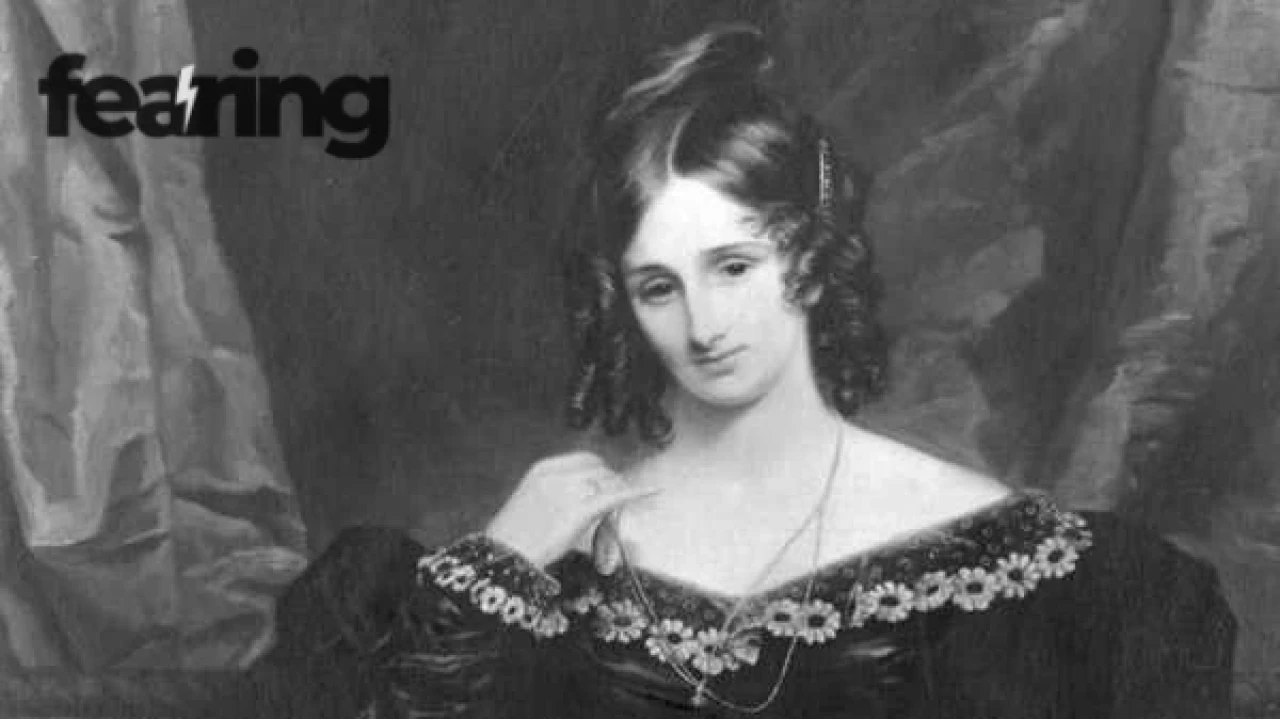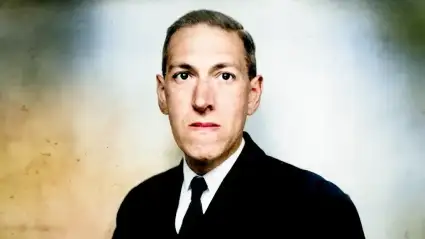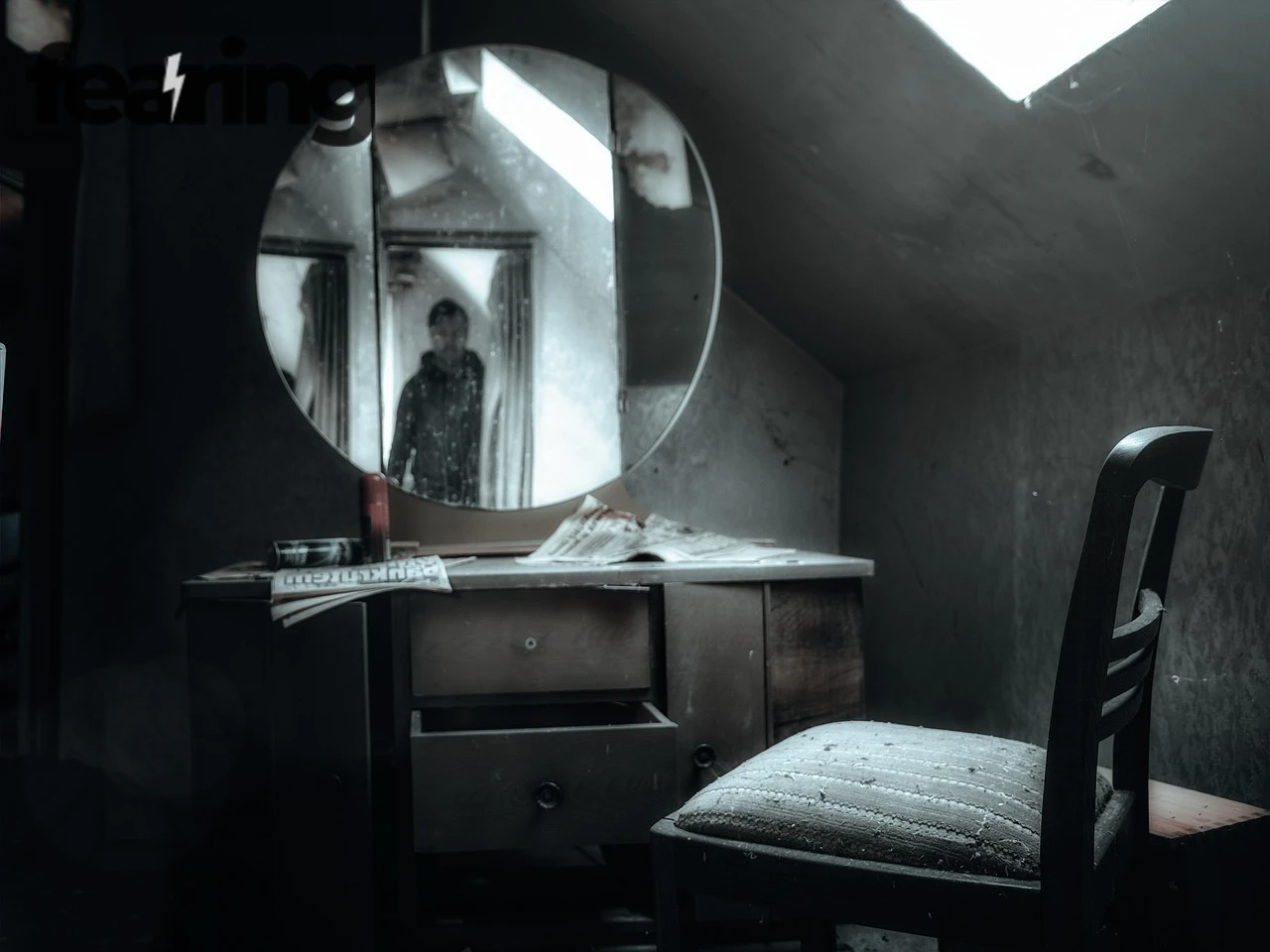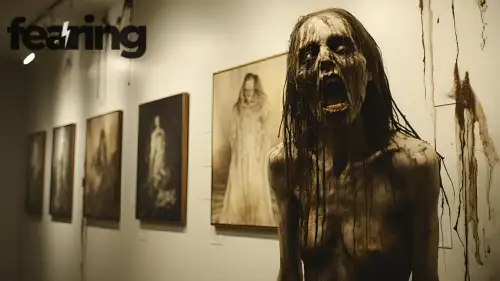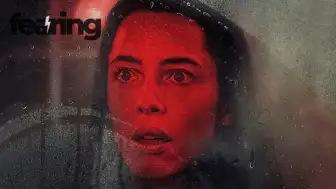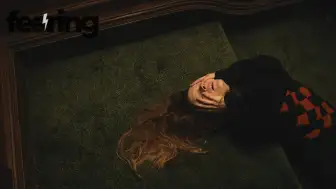Mary Shelley is often called the mother of modern horror. Long before cinema or Gothic subcultures, she created a monster that embodied humanity’s deepest fear — the fear of our own creation. Her life was marked by loss, rebellion, and brilliance, and her art turned grief into immortality.
“I saw the pale student of unhallowed arts kneeling beside the thing he had put together,” Shelley once recalled. That dream became Frankenstein, the cornerstone of horror literature.
The Life Of Mary Shelley
| Key Detail | Information |
|---|---|
| Full Name | Mary Wollstonecraft Godwin Shelley |
| Born | August 30, 1797 – London, England |
| Died | February 1, 1851 – London, England |
| Parents | William Godwin and Mary Wollstonecraft |
| Famous For | Author of Frankenstein; or, The Modern Prometheus |
| Major Themes | Creation, guilt, loneliness, ambition |
| Influence | Gothic fiction, science fiction, modern horror |
Born into intellectual brilliance and emotional absence, Mary Shelley’s life was shaped by loss from the beginning. Her mother died ten days after her birth, and her father’s remarriage created a distant home life. Books became her refuge.
At 16, she fell in love with poet Percy Bysshe Shelley and ran away with him — a scandalous act in 1814 England. Their life was full of love, exile, and tragedy: they lost three children before Percy’s death in a boating accident in 1822.
The Night That Changed Literature
In 1816, while visiting Lord Byron by Lake Geneva, the Shelleys spent a stormy summer trapped indoors. Byron challenged his guests to each write a ghost story. That night, Mary dreamed of a scientist who dared to play God — and of the lifeless thing he brought to life.
At just 18 years old, she began writing Frankenstein. The book was published anonymously in 1818, and it instantly shocked readers with its combination of science, morality, and tragedy.
“Nothing is so painful to the human mind as a great and sudden change,” wrote Shelley — a line that reflects both her novel and her life.
Themes Of Creation And Consequence
Shelley’s Frankenstein wasn’t simply a horror story. It was a philosophical exploration of ambition, isolation, and guilt. The creature, rejected by its creator, symbolized humanity’s neglect of responsibility — a timeless warning.
Key Ideas In Frankenstein:
The Dangers of Knowledge: Science without empathy becomes destruction.
Isolation and Alienation: The monster mirrors the loneliness of its maker.
Moral Accountability: Creation demands compassion.
Scholars argue that the novel reflects Shelley’s personal losses — each death she endured turned into a metaphorical act of resurrection through writing.
Beyond Frankenstein
Mary Shelley continued to write novels that combined science, apocalypse, and emotion, including:
The Last Man (1826) – A post-apocalyptic tale of plague and survival.
Valperga (1823) – A historical novel about power and prophecy.
Mathilda (published posthumously, 1959) – A deeply personal story of grief and taboo.
Each explored the tension between human ambition and moral decay, establishing her as one of the first writers to treat horror as intellectual art.
Influence On Future Generations
Shelley’s creation influenced entire genres:
Science fiction – inspiring H.G. Wells and Jules Verne.
Gothic literature – paving the way for Bram Stoker and Edgar Allan Poe.
Modern horror – shaping Stephen King, Anne Rice, and contemporary psychological writers.
Literary historian Dr. Evelyn Chase writes, “Mary Shelley didn’t just create a monster; she created empathy for monsters.”
Why Mary Shelley Still Matters
In an era obsessed with technology and artificial intelligence, Frankenstein feels more relevant than ever. Shelley foresaw the ethical questions of creation — the same moral dilemmas that modern scientists and AI researchers face today.
Her monster endures because it represents something universal: the longing to be understood.
Expert Quote
“Frankenstein is not about the birth of horror, but about the birth of conscience,” says critic Marina Lopez, “and that is what makes it eternal.”
FAQ
Q1: Why is Mary Shelley called the mother of horror?
A1: Because she wrote Frankenstein at 18, establishing the foundation for modern horror and science fiction.
Q2: What inspired her to write Frankenstein?
A2: A vivid dream during the 1816 Geneva summer with Lord Byron and Percy Shelley.
Q3: What makes Frankenstein unique in literature?
A3: It combines science, philosophy, and emotion — turning horror into moral reflection.
Q4: How did tragedy shape Shelley’s writing?
A4: Her losses, including her husband and children, gave her a profound understanding of grief and creation.
Q5: What other works did she write?
A5: The Last Man, Valperga, and Mathilda are among her most notable novels.
Sources
The British Library – Mary Shelley Collection
Cultural Analytics Journal 2025

